Riyadh, June 23 (V7N) – Heightened tensions have spread across the Middle East following recent Israeli and U.S. military strikes on Iranian targets. As the region faces increasing uncertainty, world leaders and diplomatic circles are closely monitoring developments, with many warning that the situation could escalate further if de-escalation efforts fail.
Though the precise consequences of the attacks are not yet fully known, a key diplomatic meeting between Iranian Foreign Minister Abbas Araghchi and Russian President Vladimir Putin, scheduled for Monday, is expected to offer some clarity regarding Iran’s position and possible responses. Observers believe the outcome of the meeting could signal whether Tehran will opt for strategic restraint or take retaliatory steps that risk widening the conflict. Russia, a long-standing strategic ally of Iran, has repeatedly called for stability in the region and has positioned itself as a possible mediator.
In a parallel development, Saudi Crown Prince Mohammed bin Salman held multiple phone conversations on Sunday with leaders of member states of the Gulf Cooperation Council (GCC). According to the Saudi Press Agency, the discussions were prompted by the United States' strike on an Iranian nuclear facility and Israel’s ongoing attacks across Iranian territory. The Crown Prince reportedly stressed the importance of a unified Gulf response to ensure the security and stability of the region amid fears of further military escalation.
The Israeli airstrikes, which began earlier this month, have targeted multiple locations in Iran, including military installations and infrastructure. The addition of a U.S.-led strike on a key nuclear site marks one of the most aggressive military actions taken by the two allies in recent years. Iran has yet to issue a direct military retaliation but has condemned the attacks as violations of its sovereignty and international law.
These developments have triggered widespread concern across global diplomatic and security communities. Oil markets have already reacted to the unfolding crisis, with crude prices rising due to concerns over potential disruptions in the Strait of Hormuz—a vital maritime route through which a significant portion of the world’s oil supply passes.
As of now, there are no signs of an imminent ceasefire or negotiated settlement. Regional powers continue to consult intensively, and the outcome of diplomatic meetings over the coming days may determine whether the situation will move toward resolution or spiral into broader regional conflict.
END/WD/AJ/



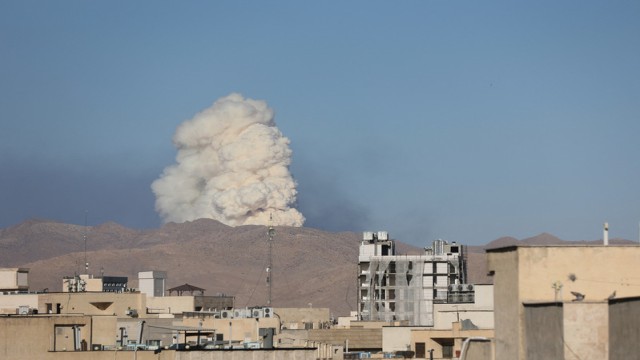
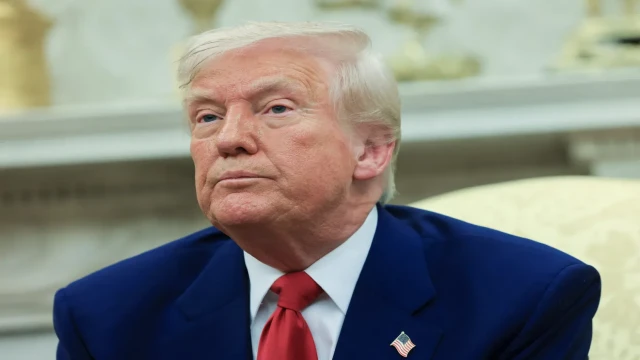
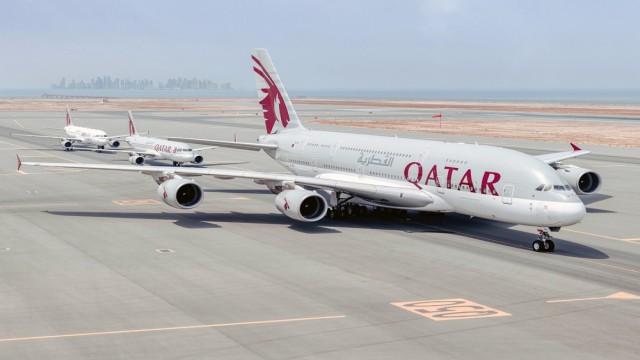
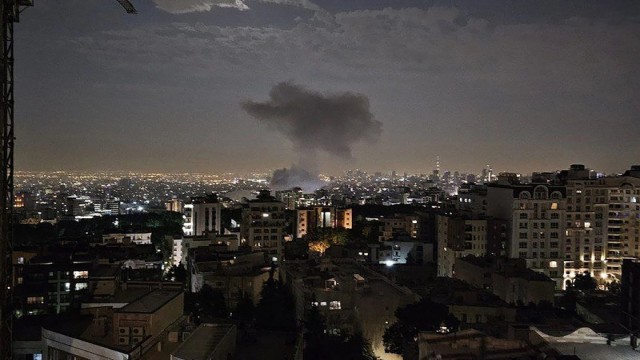
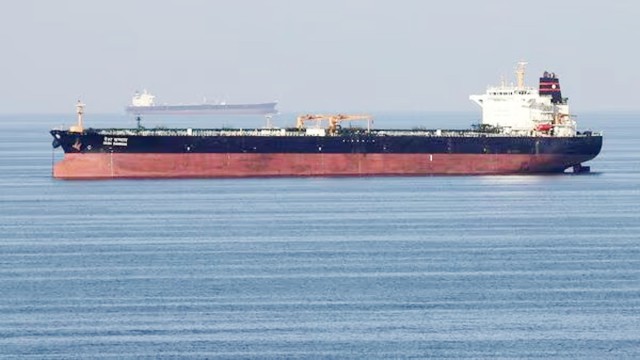
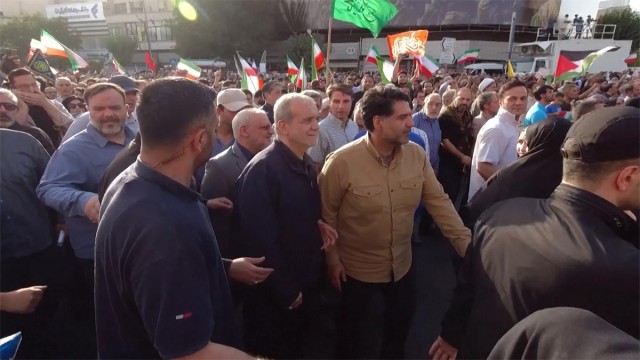
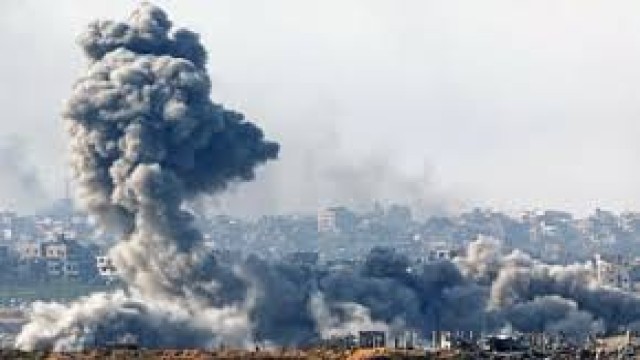

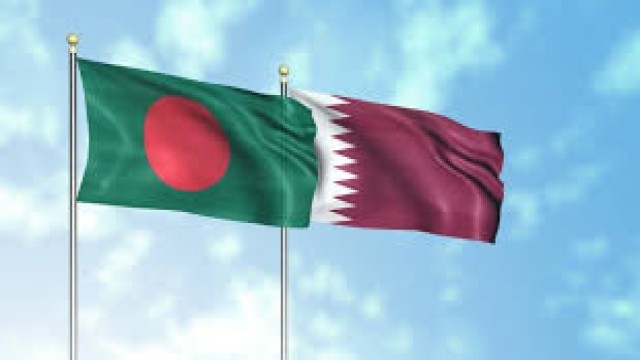
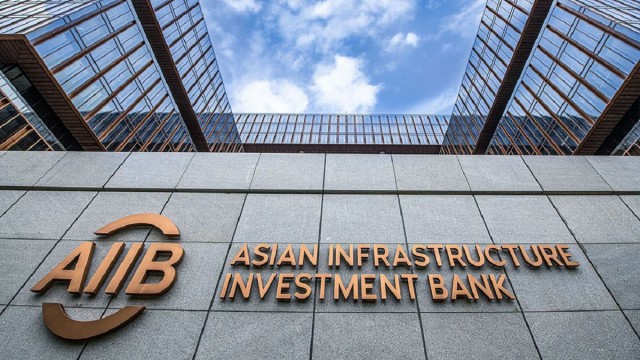
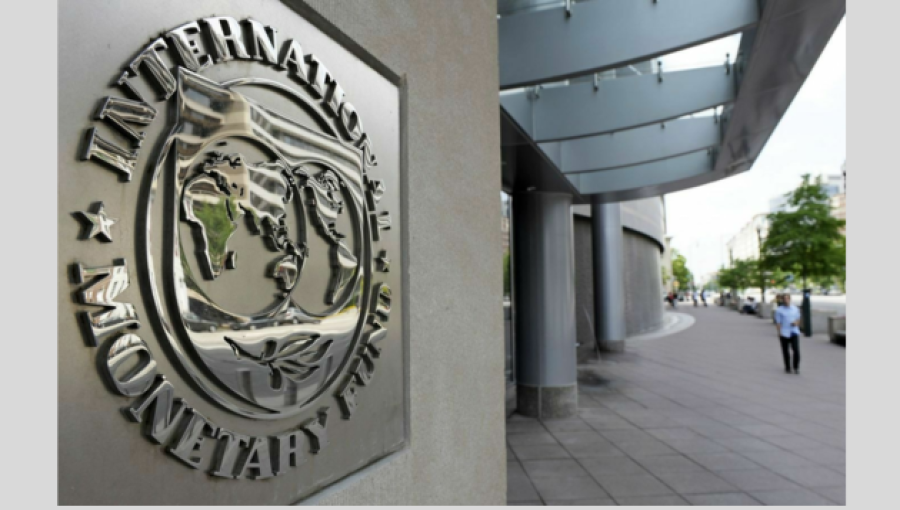






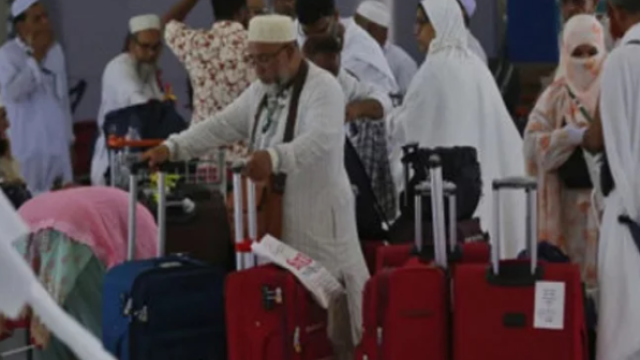

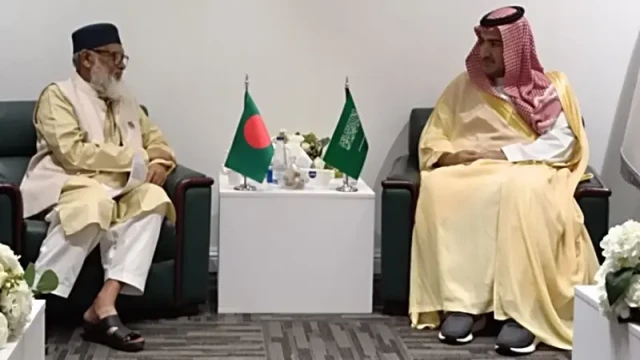
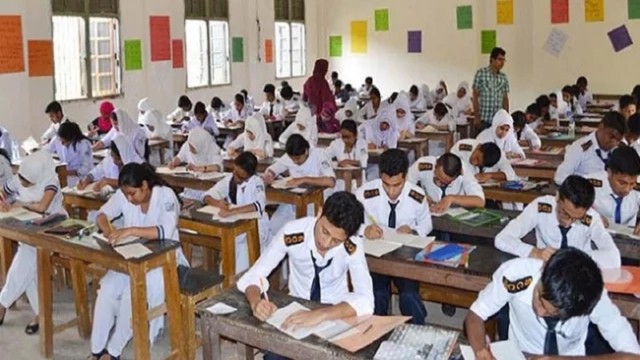


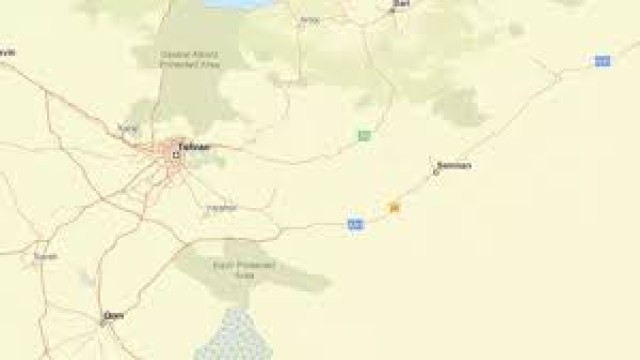
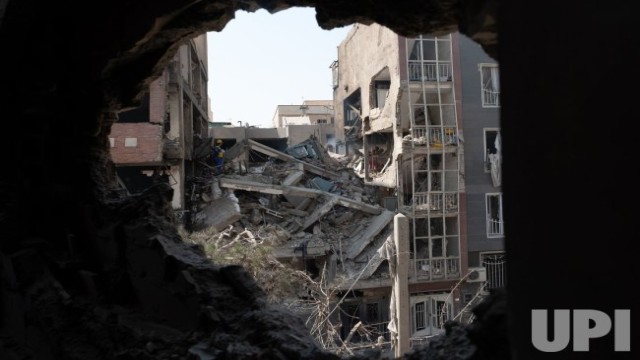

Comment: